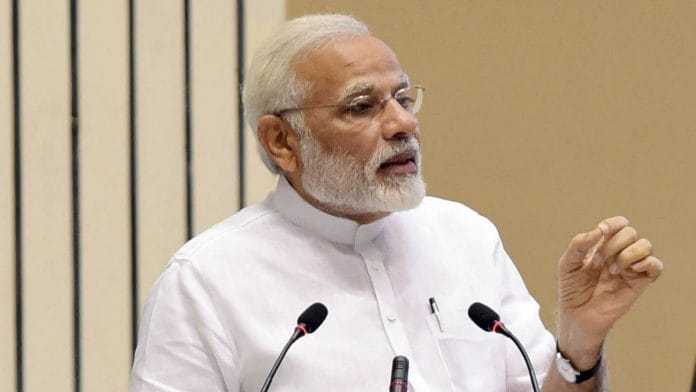Talking about the woes of the possibly ‘scarred generation’ Dreamers hits hard on issues of social justice and development.
The tales in Snigdha Poonam’s Dreamers are not black and white. The stories live in shades of grey—Indians who want to turn their lives around, sometimes in questionable ways and politicians who change the narrative, also in questionable ways.
The book weaves together stories of success and stories of failures. Through these, the author exposes the jarring gap between the upbringing and the dreams of most Indians.
“This is a generation of Indians hanging between extremes. They are hitting adulthood with the cultural values of their grandparents – socially conservative, sexually timid, God-fearing-but the life goals of American teenagers: money and fame,” Poonam writes.
Alienation becomes a prominent theme in the lives of many characters in the book. Vinay Singhal, a character, runs a clickbait website WittyFeed, but his reality is completely different. At home, Singhal is conservative and thinks smoking is a sin. He caters to a foreign ‘cool’ audience but is deeply entrenched in his upbringing.
This alienation is just one of the multiple costs you pay for ‘growth’.
The author also briefly but effectively discusses India’s demographic dividend. Given India’s young population, aspirations are manifold but without unemployment and education, we could just be a ‘scarred generation’.
The book recounts relatable personal narratives. Each chapter begins like a newspaper report, sticking to facts, figures, characters, and their stories. It is towards the end of each that Poonam provides her analysis, often through fearless and scathing judgments.
In Moin Khan’s story, we see the language English being the currency for privilege in India. The colonial hangover is undone by Poonam with a simple question – “How can you motivate someone while still speaking the language of those who enslaved you?”
The book doesn’t shy in addressing India’s current problem- that of the rise of the Hindutva and cow vigilantism.
With the tales of a Gau rakshak and a Bajrang Dal member, the author criticises what most Hindu men in India have come to stand for. Much like the ‘acche din’ Narendra Modi sold in 2014 and has resold every election since, they too want-“economic growth over social justice, majoritarian democracy over liberal democracy, cultural nationalism over secularism, boundary wars rather than friendly relations.”
In articulating the social costs of Modi’s developmental agenda Poonam is hitting hard at the pervasive ideology in present-day India.
The book shows how Modi and the BJP were able to capture the minds of young Hindu men, contributing to the resurgence of right-wing groups like the ABVP and the Bajrang Dal. The dislike for Gandhi, Nehru, and the Mughals are its characteristic ingredients. Modi and his mimics have the same love for the mythical India that is Hindu and prosperous. And what better way than WhatsApp to promulgate these ideas?
Another angle Poonam addresses is caste. Modi’s appeal for upper-caste Hindu men has only added to their sense of entitlement. It has fostered their illusion of being wronged by everyone (especially those from minority communities) who apparently progressed more than them.
While Poonam drives home important points about Modi’s rise in India and his politics, there was nothing that came as a revelation or has not been part of the discourse in the last few years.
But in the end, Poonam’s book serves up a platter of success, hope, and despair– all the key ingredients for young dreamers in India.
 ‘Dreamers: How Young Indians Are Changing Their World by Snigdha Poonam’ has been published by Penguin Random House.
‘Dreamers: How Young Indians Are Changing Their World by Snigdha Poonam’ has been published by Penguin Random House.






